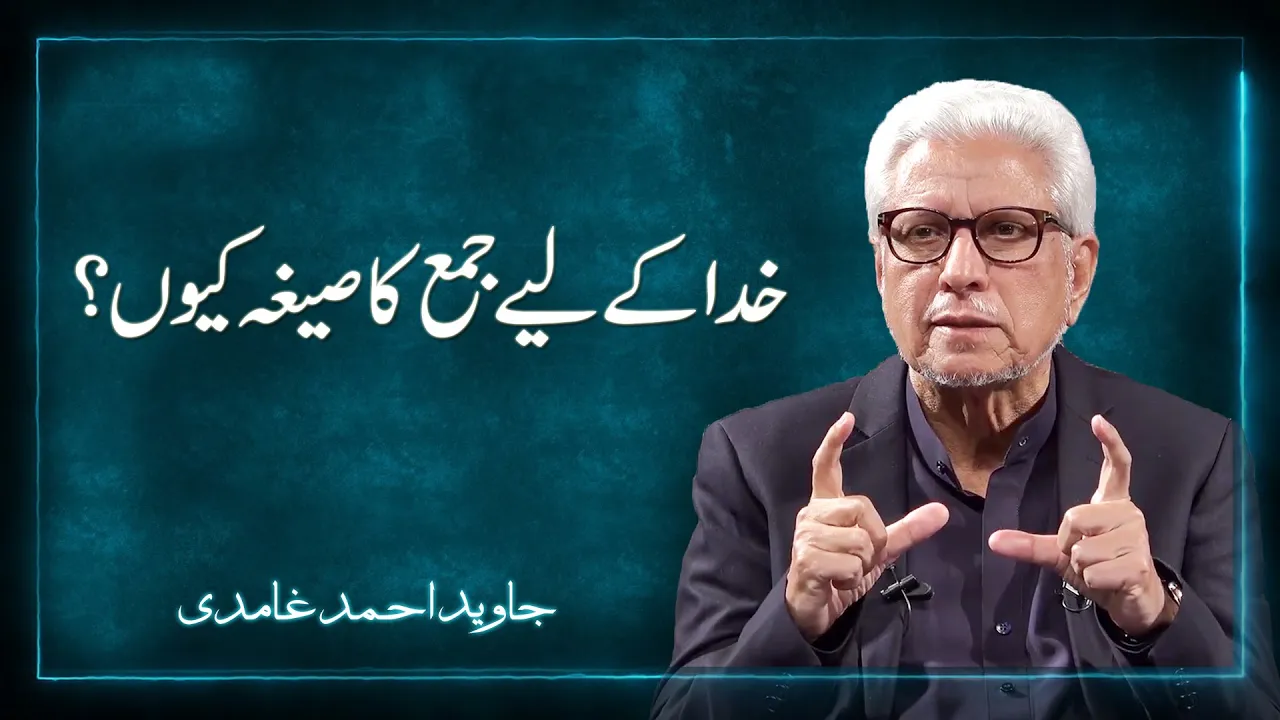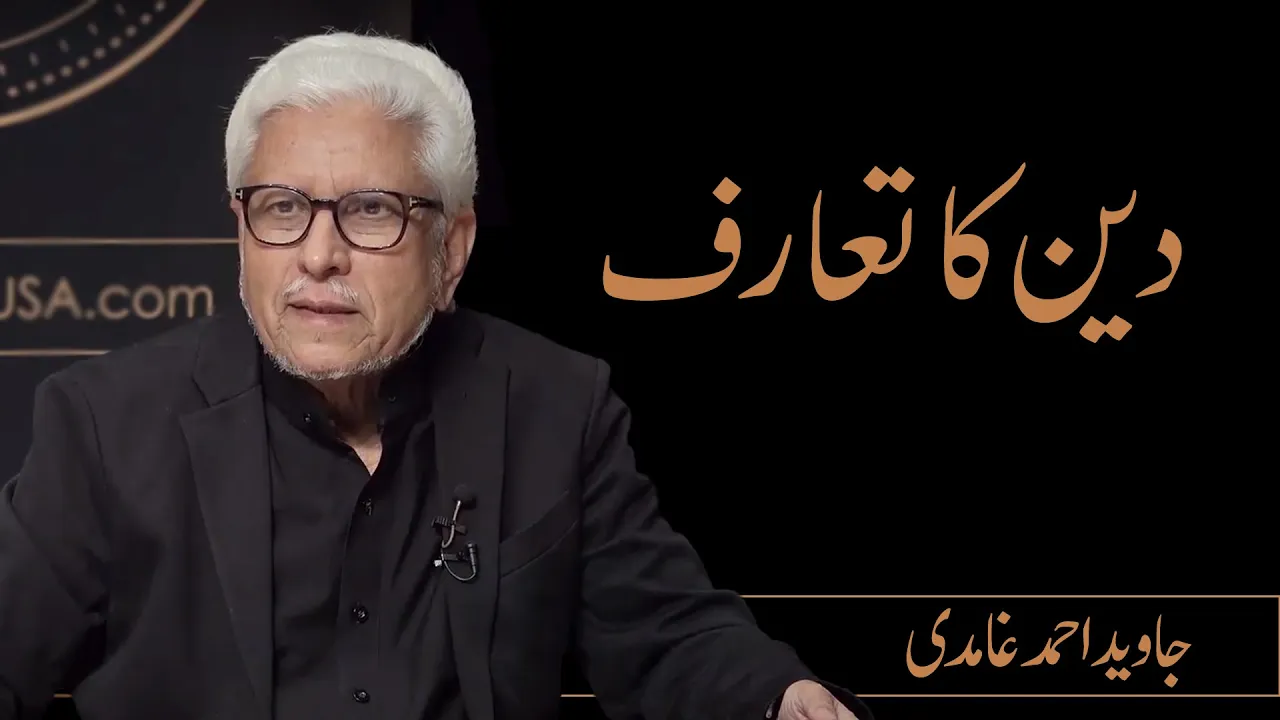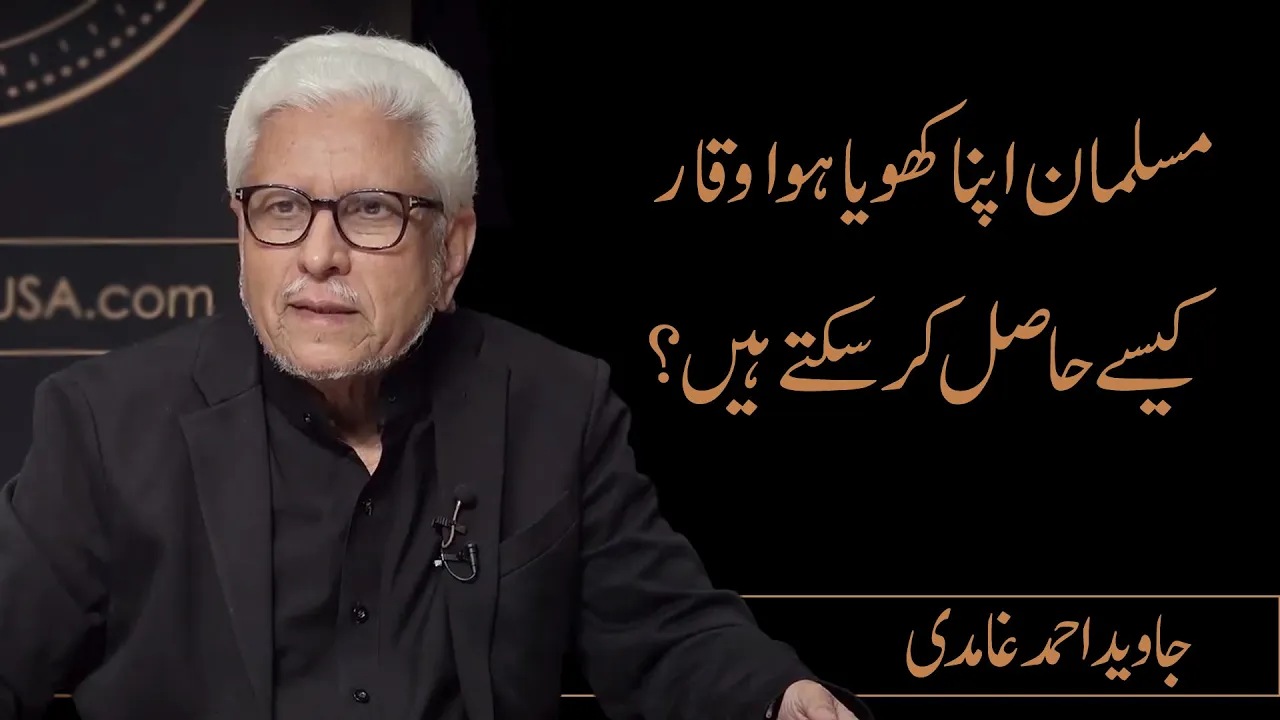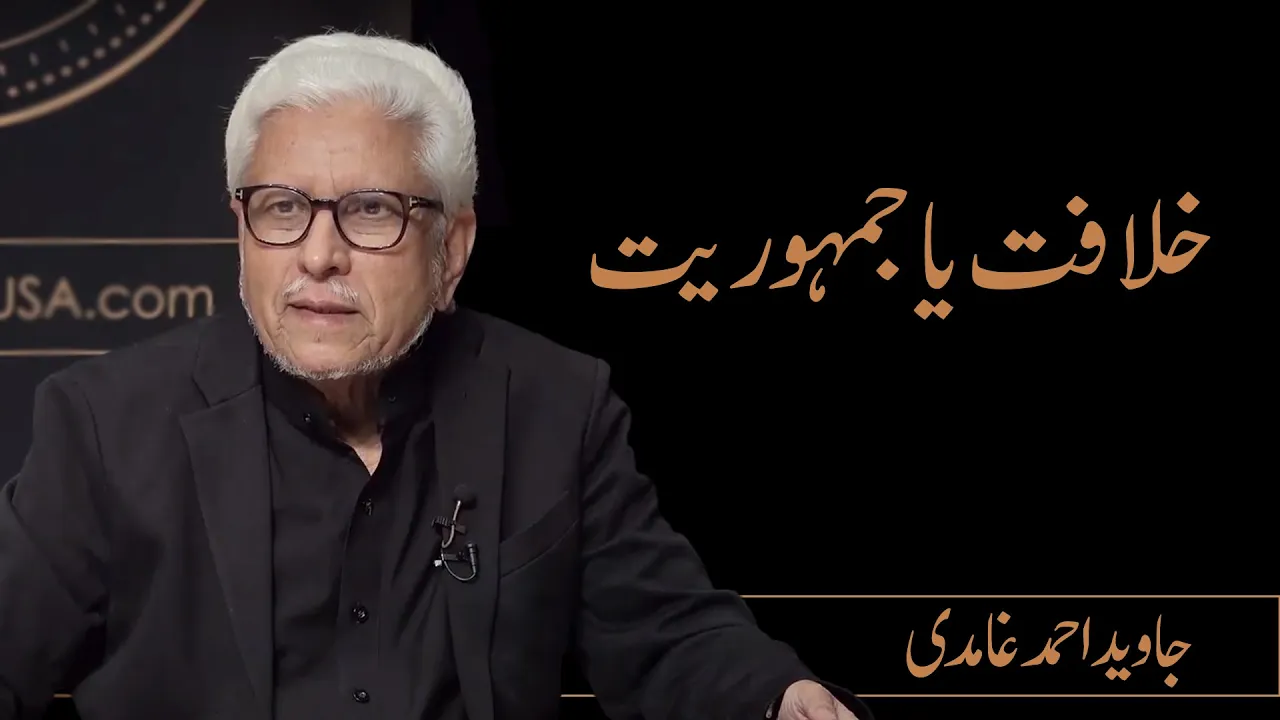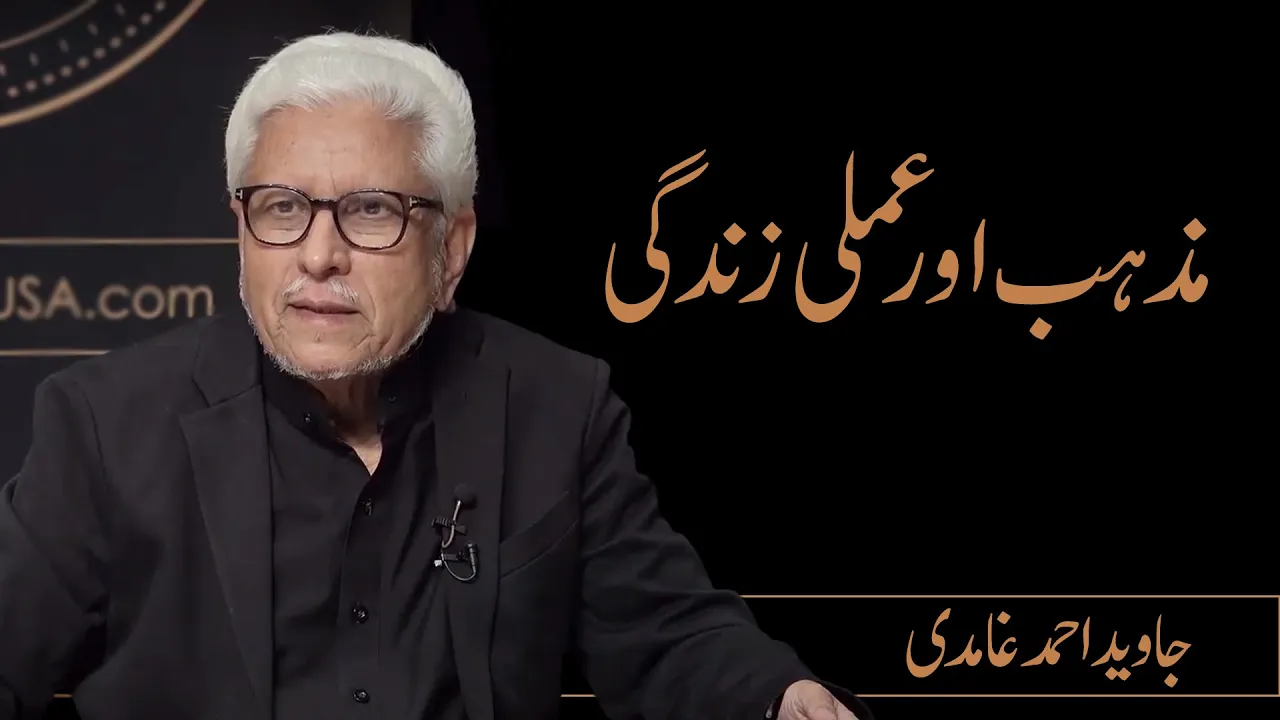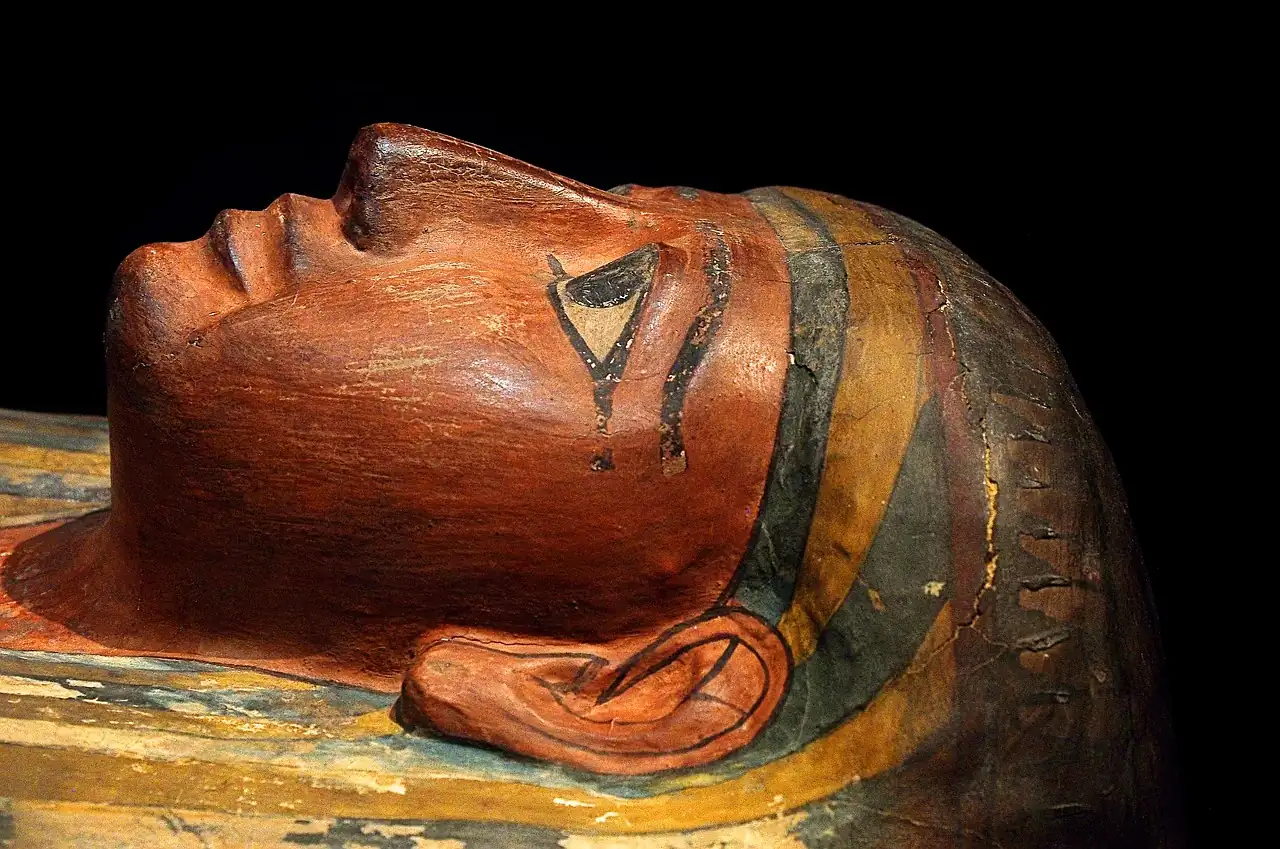Question
I do not find three divorces in the Quran. Quran talks about only two divorces. I find three divorces in the Ahadith but not as the Islamic education but as the cases that came to the Prophet Muhammabd [pbuh] that a person divorced three times. Where did we get this three divorce in Islām? Please take note that I am not talking about three divorces at a time in one sitting.
Answer
Divorce law is part of the sunnah instituted by the Prophet [pbuh]. It was not initiated by the Qur’an. It was already there and the Prophet [pbuh] instituted it as part of the Shari’ah. Therefore, primarily the laws governing divorce are based on the Sunnah. However, the Qur’an has also taken it up as it aimed at clarifying certain issues. We can see that the Qur’an implies that there are three talaqs. Consider the following verses:
[Revocable] divorce can be pronounced twice. Then a woman should either be retained according to the custom or should be allowed to go with kindness.[1][1] And it is not lawful for you to take back anything from what you have given them; except that both of them fear that they may not be able to abide by the limits set by God. Then, if you fear that they both will not be able to keep the limits set by God then there is no blame on them in that the wife returns of the things to redeem herself.[2][2] These are the limits set by God; do not transgress them. And those who transgress the limits set by God these it is that are the unjust. (229) Then if he [the husband] divorces her, she shall no longer be lawful for him until she marries another husband; then if he divorces her there is no blame on them both if they restore their relationship, if they feel that they can observe the limits set by God.[3][3] These are the limits set by God that He clarifies for a people who desire to know. (230)
The statement in the beginning refers to the two revocable talaqs. Whereas the next verse refers to the last talaq that cannot be revoked. If we read the whole we can see that there are actually three chances and the first two can be revoked while the third cannot be. The law in the first two allows cancellation and in the third the chance to take back and remarry is gone unless another marriage with another man is conducted and that couple is separated.
[1] Entire social life is based on the sacred relationship of matrimony. Therefore it is not proper way of severing ties with women that a husband should blow apart this sacred relationship in one go. Appropriate course in this regard is that husband should divorce his wife between two menstrual periods once. He should then divorce a second time in another respite between two menstrual periods so that the partner can reunite if favorable situation arises.
[2] i.e. woman buy her freedom from the marriage bond by paying ransom. In legal parlance it is called “Khula‘”. Final decision regarding the amount to be paid in ransom, and the verdict on the woman’s plea rests with the court.
[3]The true nature of Nikah (marriage contract) demands that it should be established with resolve to unite in life long matrimony. A union void of this spirit in fact is a plot a man and a woman may conspire. Islam completely prohibits such a contract. Therefore, the show of marriage in the name of Halalah (temporary marriage contact made in order to render the woman allowable for her previous husband who has used all three rights of divorce) is just to toy with the Shari‘ah directives. Those who do so are cursed in the eyes of God and incur His wrath.
Answered by: Tariq Mahmood Hashmi
Date: 2015-01-17


